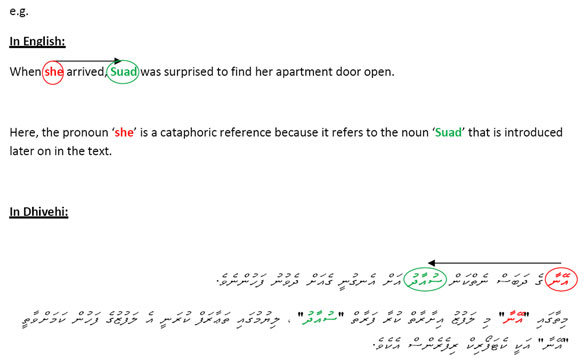Like the cooperative principle, the politeness principle also may be divided into a series of maxims
Robin Lakoff (1973) formulated these maxims as:
– don’t impose
– give options
– make your receiver feel good
these maxims explain
– utterances in which no new information is communicated
e.g.
‘I am sorry. I was waiting for you …’
‘I am sorry to bother you …’
– apology for the imposition
– orders, requests and pleas phrased as elaborate questions:
e.g.
‘Would you please …’
‘I wonder if you could possibly …’
‘May I ask you to …’
– gives the receiver the option of refusal
– praise phrased as factual statements
e.g.
‘You are much better at Math than I am.’
‘You are great with people.’
– make the hearer feel good
The politeness principle is often in conflict with the cooperative principle – politeness and truth are rarely compatible!
This conflict is something most speakers are consciously aware of.
That is why we have the term ‘white lie’ in English.
SOCIAL BASIS OF CONVERSATIONAL PRINCIPLES
The conflict between the cooperative and politeness principles can be explained in terms of the two major purposes of human interaction:
– act efficiently with other people
– to create/maintain social relationships
There are situations and relationships where one of these purposes is more dominant and the other is of little significance.
e.g.
1. paramedics trying to get to an injured person on the site of an accident shouts at the gathered crowd:
‘Out of the way!’
2. A passer-by who arrives at the scene tries to look at the injured person through the crowd with little success, so he shouts:
‘Out of the way!’
What would be your reaction to the two situations above?
Brown and Levinson (1978) having studied the politeness phenomena in a number of languages and cultures suggest that the origin of politeness principles are the same in all societies
All societies have principles to ensure that social relations are maintained
However, what is acceptable/tolerant in one society may be very different from another
e.g.
– the length of silent pauses during conversations
– acceptance/refusal of offers
– reactions to compliments

